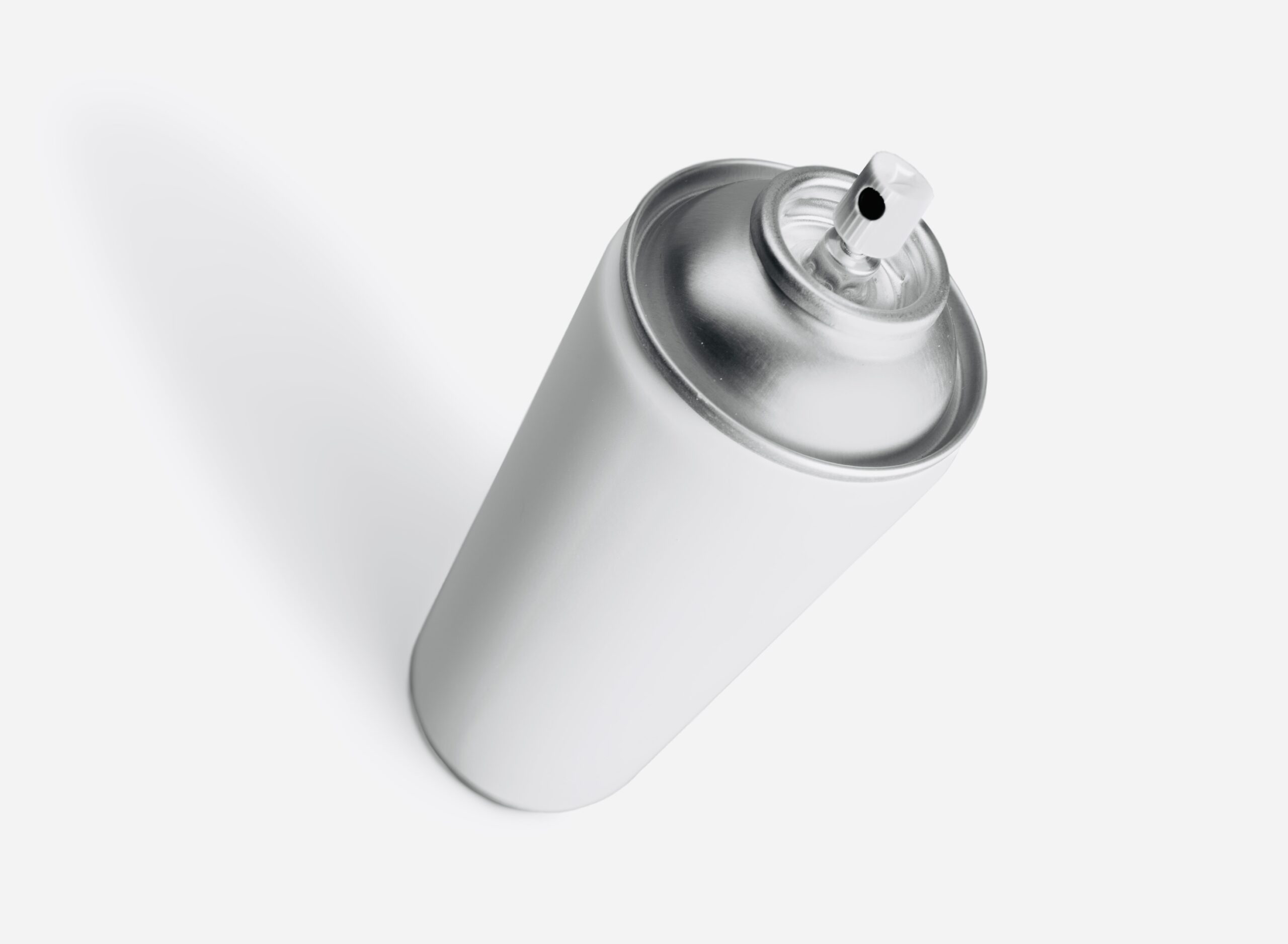Understanding Spray Paint Longevity: Does Spray Paint Expire
Spray paint has become a staple in the world of do-it-yourself projects, offering a quick and convenient way to add a burst of color or a fresh finish to various surfaces. However, like many products, spray paint is resistant to the passage of time. Does Spray Paint Expire?

In this article, we’ll explore the intriguing question: Does spray paint expire? Understanding the lifespan of spray paint is crucial for achieving the best results in your creative endeavors.
Does Spray Paint Expire
Spray paint, like many other products, does have a shelf life. The primary factors influencing its expiration include the type of paint, storage conditions, and the presence of certain chemicals. Most aerosol thin spray paints have a shelf life of around 2 to 3 years. Over time, the solvents in the paint may evaporate, leading to changes in consistency and quality. While there isn’t a universal expiration date printed on spray paint cans, understanding the signs of aging can help determine if your paint is still suitable for use.
How Can You Tell How Old Spray Paint Is?
Determining the age of spray paint can be challenging, as expiration dates are not typically printed on the cans. However, there are a few indicators to help you assess its freshness. Check for sediment or clumps in the paint, which may suggest chemical changes. Test spraying a small amount on a scrap surface to observe its consistency and color.
Let’s Have A Glance At Some Highlighted Factors:
Examination of Can Details: Look for any information on the can that might indicate its production or purchase date. Some cans provide batch numbers, production codes, or other details that savvy users can decipher to gauge the paint’s age.
Batch Numbers and Manufacturer Codes: Batch numbers and manufacturer codes on the can may offer insights into when the spray paint was produced. These codes are often a combination of letters and numbers that, when decoded, reveal details about the manufacturing date.
Purchase Date: If you have a record of when you purchased the spray paint, this can be a straightforward way to estimate its age. However, remember that the paint may have spent some time on the shelf before reaching your hands.
Observing Consistency: Over time, specific changes may occur within the spray paint that affect its consistency. Inspect the paint for any signs of clumping, separation, or changes in texture. Such alterations can be indicative of the paint’s age and potential degradation.
Test Spray: Performing a test spray on a scrap surface is a practical way to assess the paint’s usability. Observe how the paint dispenses, its consistency, and whether the color matches expectations. Any irregularities during the test spray may suggest that the paint has aged beyond optimal.
Evaluation of Color and Odor: Examine the color of the paint when it is dispensed. Changes in color or an unusual odor may signify chemical alterations due to age. Fresh, usable spray paint should exhibit the intended color without off-putting smells.
Manufacturer Information: Check for any guidelines or recommendations provided by the manufacturer regarding the shelf life of their spray paint products. Manufacturers may offer insights into how long their paint can be expected to remain in optimal condition.
Visual Inspection for Rust or Damage: Inspect the exterior of the spray paint can for signs of rust, corrosion, or damage. Rusting can compromise the integrity of the can, potentially affecting the quality of the paint inside. If they can show signs of wear, the impact on the paint’s longevity is worth considering.
By following these methods, you can make an informed assessment of how old your spray paint is. While spray paint doesn’t typically come with an expiration date, these observations and tests help ensure that the paint you’re using is still in good condition, contributing to successful and satisfactory painting projects.
How Long Before Spray Paint Is Waterproof?
Spray paint typically dries to the touch within minutes, but achieving complete water resistance may take longer. The exact drying time varies based on factors such as humidity, temperature, and the type of paint used. Generally, waiting at least 24 hours before exposing spray-painted surfaces to water is advisable to ensure the paint has fully cured and formed a protective barrier.

Does Rain Affect Spray Paint?
While fully cured spray paint is generally resistant to light rain, prolonged exposure to heavy rain or harsh weather conditions can have adverse effects. Over time, rain and moisture may cause the paint to degrade, leading to fading or peeling. To enhance longevity, consider applying a clear sealant over the spray-painted surface for added protection against the elements.
Does Spray Paint Need Primer?
Using a primer before applying spray paint can significantly impact the quality and longevity of the finish. Primer helps create a smooth and adhesive surface, allowing the paint to adhere better and reducing the risk of chipping or peeling. While some spray paints have built-in primers, a separate primer is recommended for certain surfaces, such as metal or plastic.
What Makes Spray Paint Last Longer?
Several factors contribute to extending the life of spray paint:
- Proper Storage: Store spray paint in a cool, dry place away from direct sunlight. This helps preserve its chemical composition and consistency.
- Regular Shaking: Before use, shake the spray paint thoroughly to ensure proper mixing of pigments and solvents.
- Appropriate Application: Follow the manufacturer’s guidelines for application, including recommended drying times and environmental conditions.
- Clear Sealant: Applying a sealant over the dried spray paint provides additional protection against UV rays and weathering.
- Type of Paint: Different types of spray paint may have varying shelf lives. Water-based paints have a different expiration timeline than their oil-based counterparts.
- Manufacturer’s Recommendations: Adhering to the guidelines provided by the manufacturer ensures optimal performance. Pay attention to recommended storage temperatures and application conditions.
FAQ
Q: Can I use expired spray paint?
A: While it may be possible, the quality of the finish may be compromised. Testing a small area before committing to a larger project is advisable.
Q: Can I revive old spray paint?
A: Attempting to revive old spray paint by thinning it with an appropriate solvent may work to some extent, but the results can be unpredictable.
Q: Can I store spray paint in the refrigerator?
A: Storing spray paint in a cool, dry place is recommended. Refrigeration is unnecessary and may lead to condensation inside the can.
Final Word
In DIY projects, understanding the lifespan of spray paint is beneficial for achieving the desired results. While spray paint does have a shelf life, proper storage, application techniques, and additional protective measures can significantly extend its longevity. By being mindful of these factors, you can ensure whether Does Spray Paint expires. Your spray-painted creations stand the test of time; they bring color and vibrancy to your projects for years to come.
Happy Painting!

